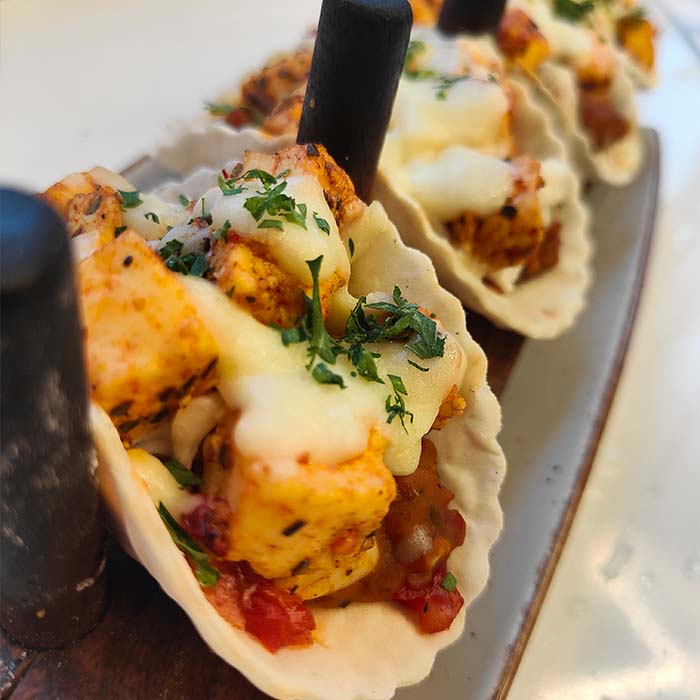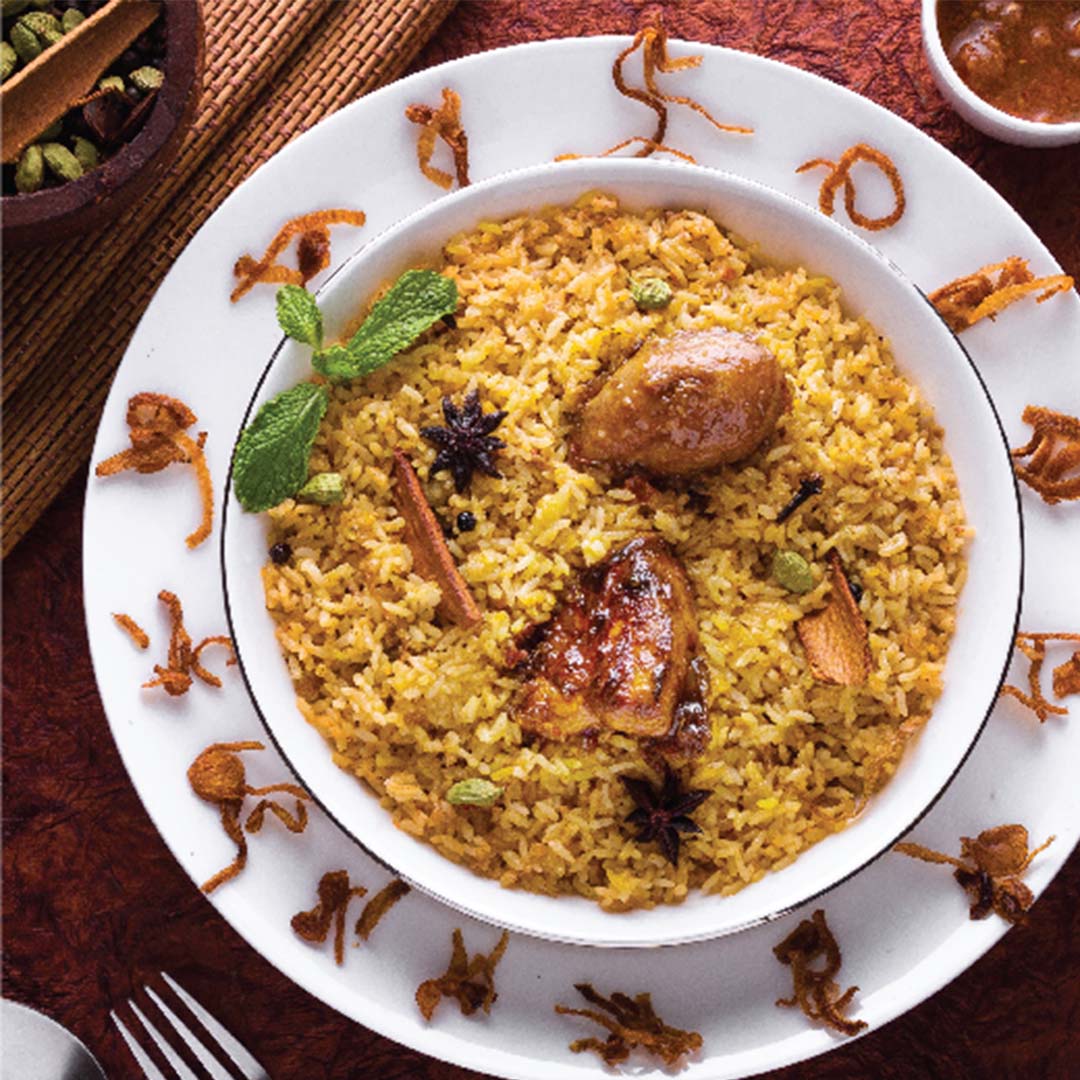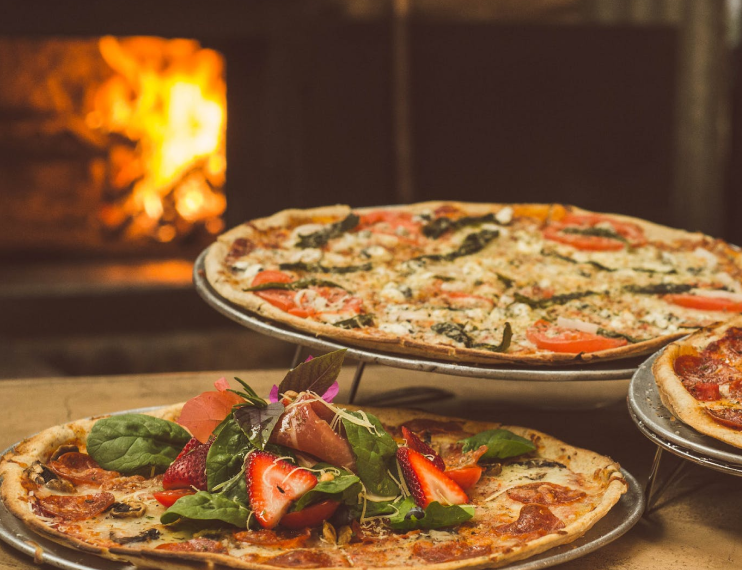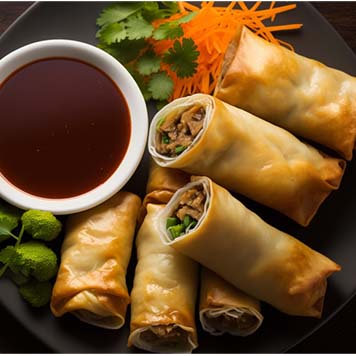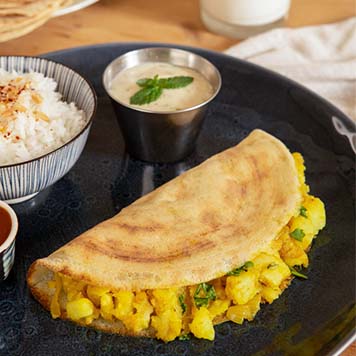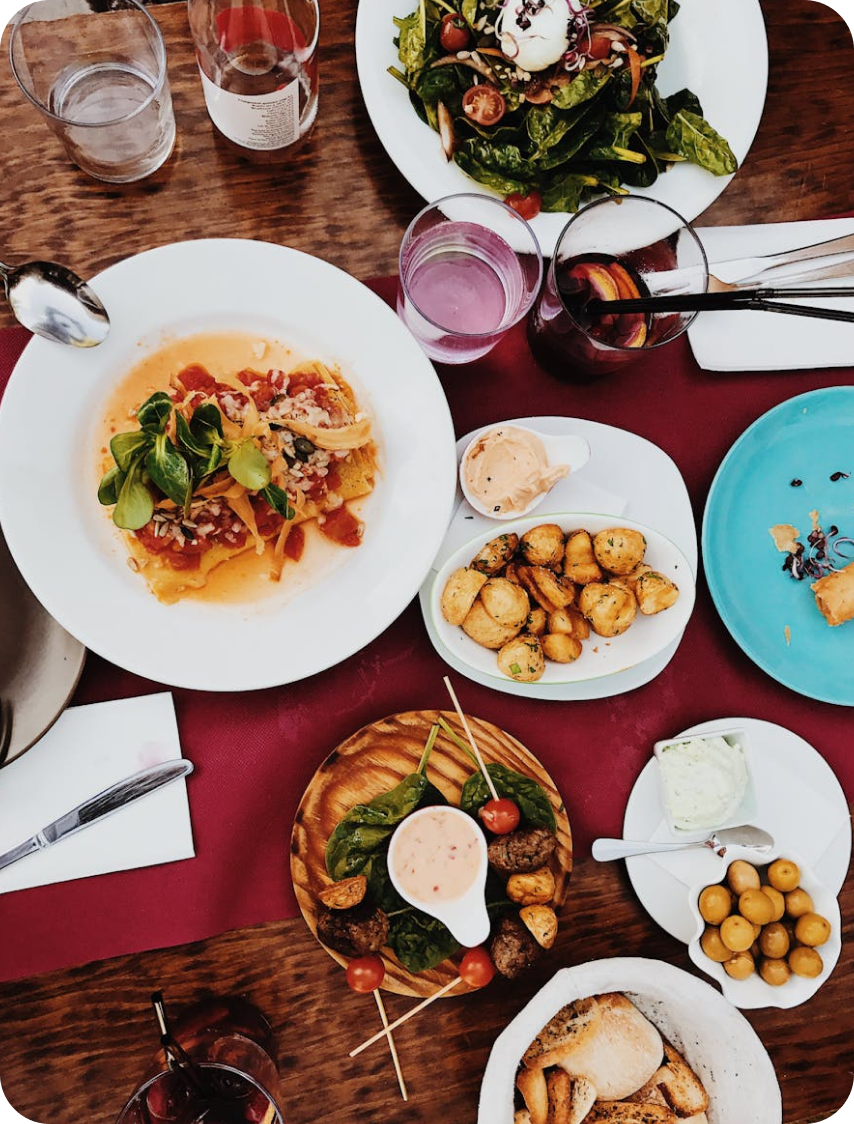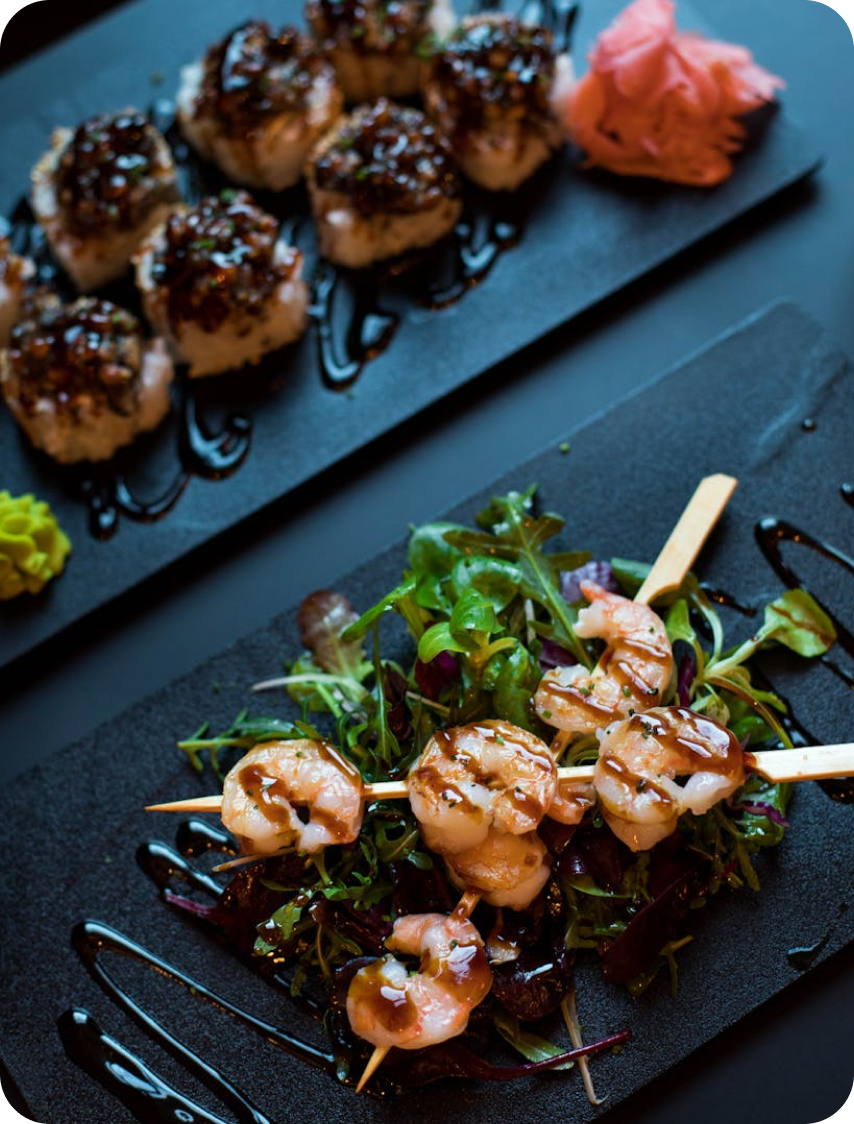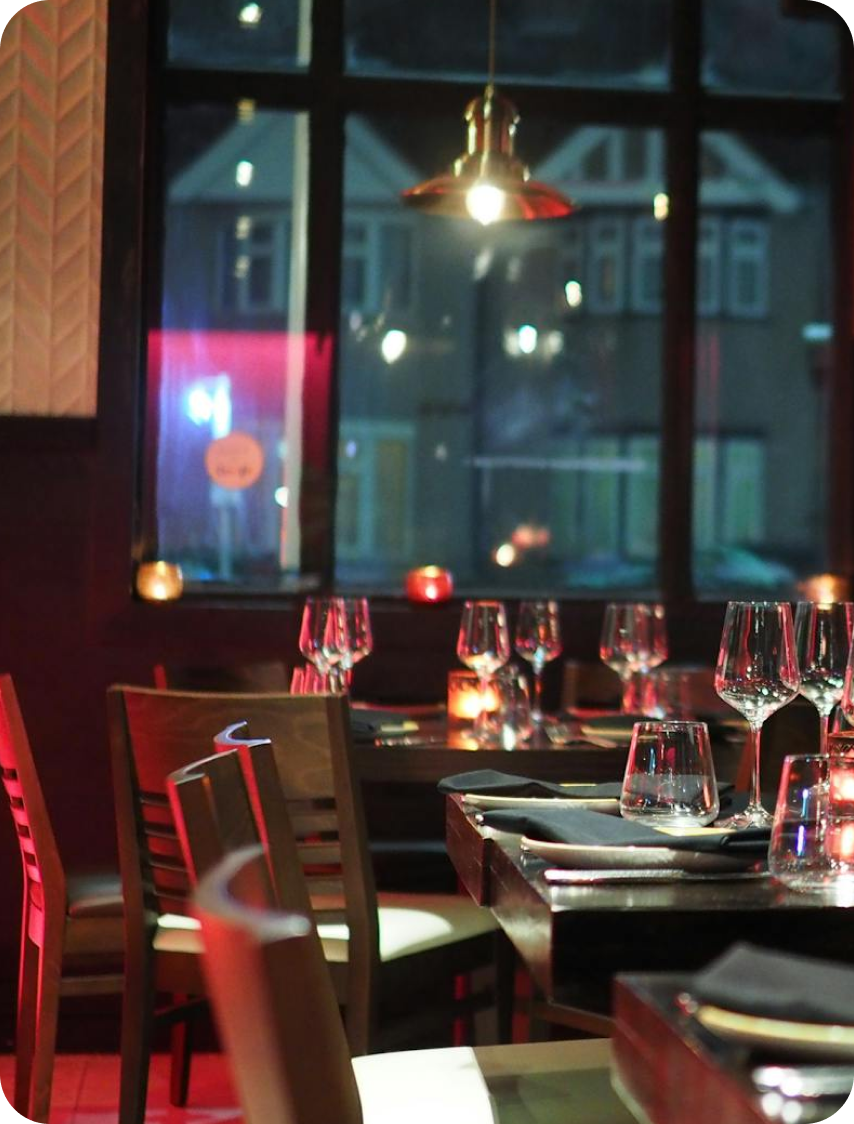Authentic Japanese Restaurants in Bangalore
Introduction
Cultural variety and innovative cuisine are the lifeblood of Bangalore. The city's culinary scene has been more diverse in recent years, with Japanese cuisine being particularly well-liked by both natives and foreigners. Bangaloreans' growing interest in Japanese cuisine is indicative of their openness to new flavours and cuisines from around the world.
There are a number of reasons why Japanese food is so popular in Bangalore. People who are health-conscious and adventurous eaters like the careful preparation techniques and focus on using fresh and high-quality products and balanced flavours. In addition, the visual appeal of Japanese food presentation elevates the dining experience as a whole.
This article explores the fascinating world of Japanese cuisine, its distinctive features, and its increasing popularity in Bangalore. It also features some of the city's trendiest new authentic Japanese restaurants that are open and serving the food.
How Japanese Cuisine Stands Out and Its Appeal
The cleanliness, accuracy, and focus on natural flavours that characterise Japanese food have earned it international renown. Its uniqueness and broad popularity are due to a number of factors:
1. Emphasis on Freshness and Quality
The utilisation of fresh, seasonal foods is fundamental to Japanese cuisine. When making sushi, sashimi, or tempura, using high-quality ingredients is of the utmost importance. Because of this emphasis, the pure, unadulterated flavour of the natural ingredients may really stand out.
2. Balanced and Nutritious
Japanese cuisine is known for its balanced portions that include all the food categories. Vegetables abound while protein sources like fish, tofu, and lean meats round out the meal with staples like rice and noodles. In addition to enhancing flavour, fermented foods like pickles and miso have probiotic properties that support intestinal health.
3. Artful Presentation
The aesthetic value that Japanese culture places on food is reflected in its visually appealing dishes. The presentation of food is an art form in and of itself, and chefs devote much care to it. Because of this artistry, eating becomes an exquisite sensory experience.
4. Diverse Culinary Techniques
Different cooking techniques in Japanese food bring out distinct flavours and textures. The variety of preparation methods, from the careful slicing of raw fish for sashimi to the deep-frying of tempura and grilling of yakitori, allows for a wide range of tastes to be satisfied.
5. Cultural Significance and Rituals
There are a lot of customs and traditions that go along with eating in Japan. Traditional Japanese greetings like "Itadakimasu" before a meal and "Gochisousama" afterwards show appreciation for the chef and the dish. The cultural depth enhances the culinary experience.
6. Health Benefits
Longevity and general health are benefits of the traditional Japanese diet, which is rich in minerals and low in saturated fats. People looking for healthy options will love it because it includes fish that is rich in omega-3 fatty acids, green teas that are full of antioxidants, and veggies that are high in fibre.
Restaurants Where You Can Find Amazing Japanese Dishes in Bangalore
Japanese food has recently become popular in Bangalore, with numerous restaurants serving both traditional and creative takes on the cuisine. If you are looking for some great Japanese food, here are a few places that have just come to light:
1. Kuuraku
Located in the heart of Koramangala, Kuuraku is Bangalore's Japanese restaurant. Yakitori, or perfectly seasoned grilled chicken skewers, are the speciality at this restaurant, which is part of a worldwide franchise. In keeping with the spirit of a classic Japanese izakaya, the decor is warm and inviting. Beyond yakitori, they have a wide variety of Japanese comfort foods on the menu, including sushi, ramen, and appetisers.
2.Hokkaido Manga Café
Hokkaido Manga Café, located in Indiranagar, provides an unforgettable fusion of Japanese cuisine with local culture. Specialities such as bento boxes, sushi rolls, and ramen are among the many Japanese foods offered at this café. Japanese artwork and manga comics surround the interior, transporting customers to another world. While indulging in traditional cuisine cooked with special care, patrons can peruse a library of manga.
3.Yataii
Enjoy breathtaking views of the city and delectable Japanese cuisine at Yataii, located on the 18th floor of the Shangri-La Hotel. The restaurant's speciality is teppanyaki, a style of live cooking in which cooks skilfully make dishes on an iron griddle in front of the paying customers. Sushi, sashimi, and tempura made with the freshest ingredients are available on the menu.
4.Naru Noodle Bar
Ramen lovers will find paradise at Naru Noodle Bar. Traditional Japanese noodle soups made with hand-pulled noodles and flavourful broths are the restaurant's speciality. A must-try is the Tonkotsu Ramen, which has a broth made from pork bones cooked over long periods of time. Those in search of genuine ramen will find it at this place, thanks to its compact dining area and simple, Tokyo-inspired decor.
5. Edo - ITC Gardenia
The ITC Gardenia is home to Edo, a fine dining establishment serving authentic Japanese cuisine in the Kaiseki style. Sushi, sashimi, and robatayaki (charcoal-grilled meals) are some of the items on the menu. A perfect choice for special occasions, Edo elevates the dining experience with its quiet setting and impeccable service.
6.Harima
A longstanding favourite among Japanese food enthusiasts in Bangalore, Harima serves a variety of traditional Japanese dishes, including sushi, donburi (rice bowls), and sukiyaki (hot pot). Located on Residency Road, Harima’s warm and authentic ambience, coupled with its extensive menu, makes it a go-to spot for those craving true traditional Japanese fare such as sushi, donburi (rice bowls), and sukiyaki (hot pot) served at Harima, a beloved spot for Japanese cuisine lovers in Bangalore. If you are looking for a genuine Japanese dining experience, go no further than Harima on Residency Road. The restaurant has a large menu and a welcoming, authentic atmosphere.
Conclusion
One evidence of Bangalore's rising culinary diversity and love of global flavours is the proliferation of real Japanese eateries in the city. As a result of its harmonious combination of flavour, nutritional value, and aesthetic presentation, Japanese food has become one of Bangalore's most popular international cuisines.
Not only do the aforementioned eateries serve exquisite Japanese cuisine, but they also take customers on a culinary and cultural journey around Japan. At these restaurants, you can be sure that your gastronomic adventure will be one to remember, whether you are filling up on ramen, sushi, or teppanyaki.
The need for authentic Japanese food is likely to increase as Bangalore develops into a culinary mecca. Fans of Japanese cuisine and those who are just discovering it will find lots to enjoy at these establishments, thanks to their dedication to serving only authentic, high-quality dishes. So, if you are in the mood for some real Japanese cuisine, go to one of these eateries the next time you feel the need.
FAQ'S
What types of cuisine can I expect to find in Indian restaurants?
Indian cuisine is incredibly diverse, with each region of the country having its own unique dishes and cooking styles. You can expect to find everything from spicy curries and biryanis to savory dosas and thalis.
What is the average cost of a meal at a restaurant in India?
The cost of a meal at a restaurant in India can vary widely depending on the type of establishment and the location. A budget restaurant may offer a meal for as little as 100-200 rupees, while a high-end restaurant can charge upwards of 2000-3000 rupees per person.
Are vegetarian options available in Indian restaurants?
Yes, vegetarian options are widely available in Indian restaurants. In fact, many Indian cuisines are vegetarian-friendly, with dishes made from lentils, vegetables, and dairy products.
Can I find alcohol in Indian restaurants?
Alcohol is available in some restaurants in India, but it is not widely consumed due to cultural and religious factors. Some restaurants may also have restrictions on serving alcohol depending on their location and license.
Is it customary to leave a tip in Indian restaurants?
Tipping is not mandatory in India, but it is appreciated for good service. It is generally expected to leave a tip of 10-15% of the total bill amount.
What are the dining hours in Indian restaurants?
Dining hours can vary widely depending on the type of restaurant and the location. Generally, restaurants are open from 11 am to 11 pm, but some may close earlier or stay open later depending on the demand.
Is it necessary to make a reservation at Indian restaurants?
It is recommended to make a reservation at high-end or popular restaurants in India to avoid waiting in line. However, many budget restaurants do not accept reservations and operate on a first-come, first-served basis.
Can I pay for my meal using credit or debit cards?
Most restaurants in India accept credit and debit cards, but it is always a good idea to carry some cash as well, especially in smaller towns and rural areas where electronic payment options may not be available.
 Discover
Discover
 Cuisines
Cuisines
 Popular Dishes
Popular Dishes
 Special Diets
Special Diets






